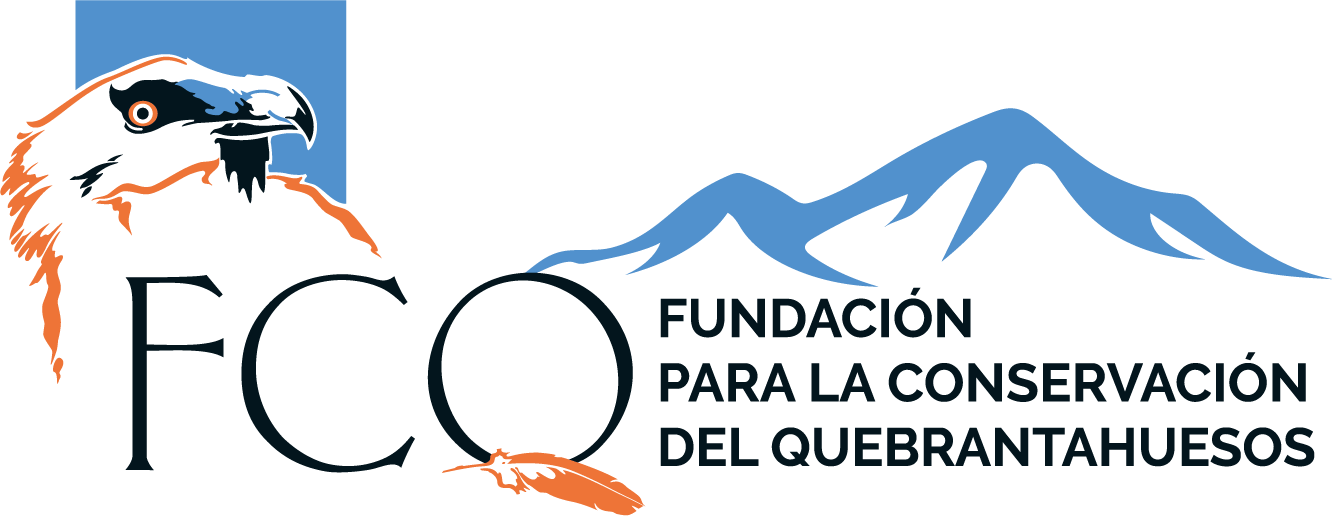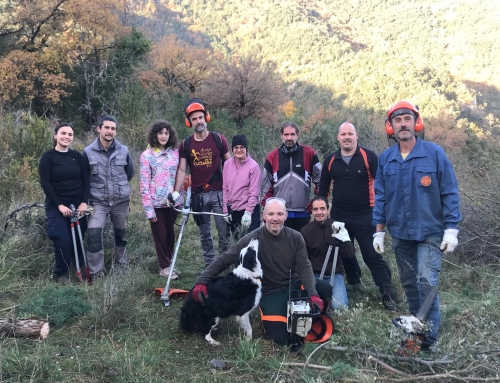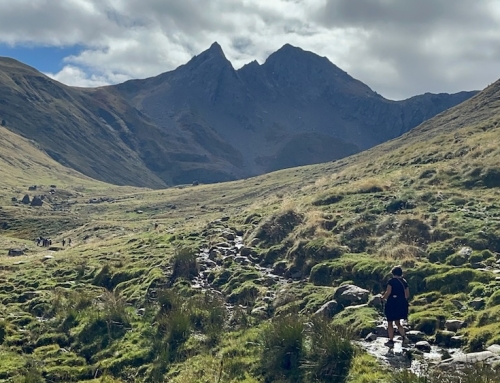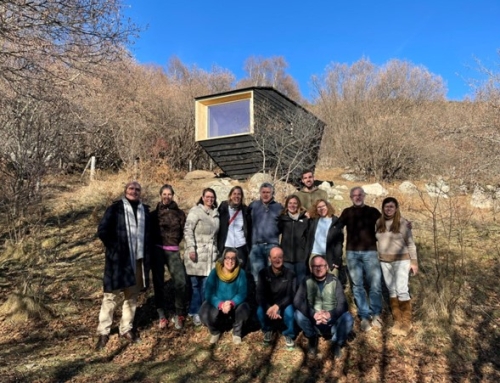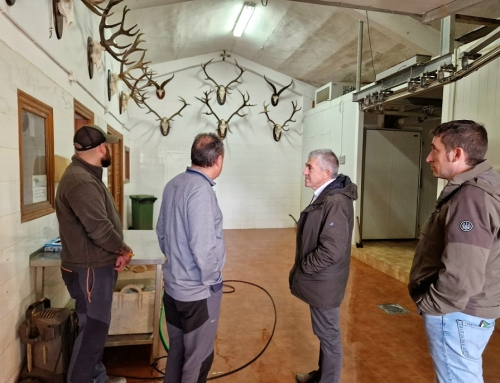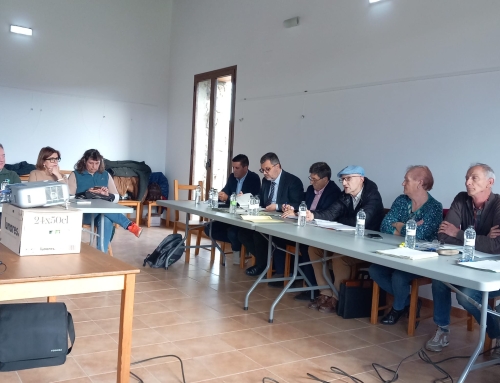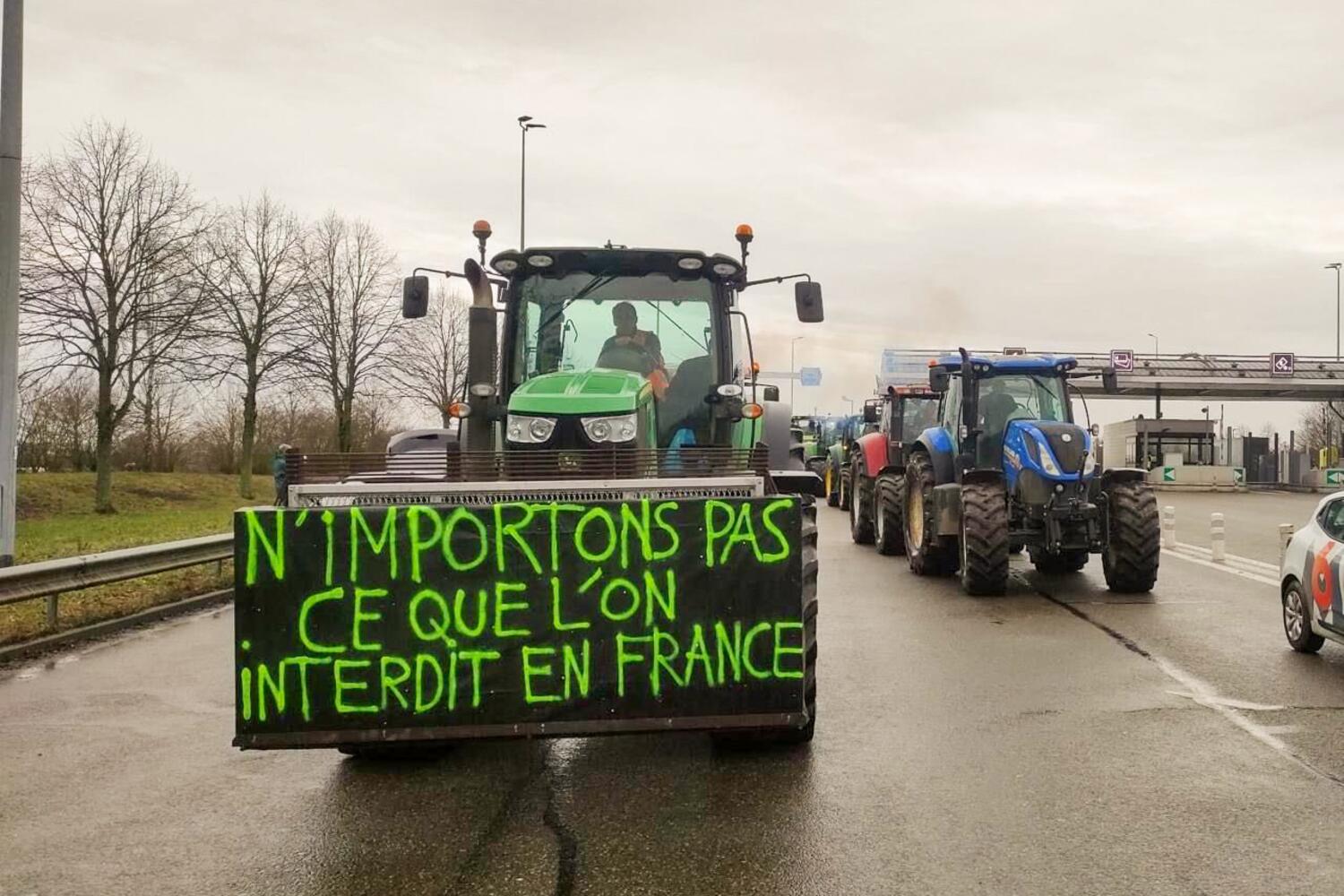
The collapse of European agriculture begins in France.
The current model must come to an end, we need a real ecological transition of the food system, to take it out of the dynamics of the global free market once and for all. We are beginning to suffer the direct consequences of the mobilizations of French farmers, who have blocked the most important roads in the country. It is not an isolated protest action, since for days the agricultural mobilization of the neighboring country is overturning the content of trucks from Spain without any media has put much interest to get to the bottom of the issue, and that the mobilization is massive, as it happened before in Germany and Holland. It is not only the impact of the images that should attract our attention, since the problems of French agriculture and livestock farming are the same as those affecting our country and the rest of Europe. But before analyzing the current crisis, a clarification: when we talk about farmers, we are not talking about a homogeneous group, there are small ones where their work is more important than their capital, and big agribusiness entrepreneurs. And it is not the same for an organic vegetable and fruit farmer who sells in the local market, than for the macro pig farms and mega-greenhouses in southern Spain.
The protest, the colère, highlights something that is already known but that we are now witnessing its explosion in real time, which is nothing but the failure of the current globalized neoliberal food model.
The protest, the colère, highlights something that is already known but that we are now witnessing its explosion in real time, which is nothing but the failure of the current globalized neoliberal food model. It is obvious that this crisis is not of now and that it has been silently taking ahead the model of family farming for decades, a model trapped by the lack of income, generational replacement, increased power by the food chain and large supermarkets and distributors competing in the global world. If it is now exploding so virulently, in this era of late capitalism, it is because new factors have appeared that also threaten large agribusinesses and landowners. It is not for nothing that the driving force behind these protests are the most important agricultural employers’ associations in France. This model has favored them for years and its tentacles have been promoted in Europe by the governing parties for decades. They are the same ones who decided that food should be within the free trade agreements and the expansion of the same, and the Common Agricultural Policy was aligned precisely to favor the exporting agribusiness, ending the few remaining regulatory instruments. Moreover, a policy that has proved to be profoundly unfair in the distribution of its aid, in which the wealthiest 20% monopolize 80% of the aid, and which eroded the traditional European model to the point of destroying it because it was not “competitive”. The problem is the solution, and the one proposed by the agricultural employers’ association is to continue with the pure and simple market dynamics. It is not in vain that the most repeated slogan and main claim continues to be “we want to compete with the same weapons”. But the thing has substance, because the time has come to decide. A decision that has been postponed for years, encouraging the agri-food model to run forward with its eyes closed in the hope that something would change as if by magic. The problem is that we were not running away from anything, we were running towards the precipice. And now the cliff is here, just a few centimeters from our feet.
There are no more possible patches to save the current model. The illusion is over, welcome to the desert of reality.
No more cheap energy. No more water. No more pretending that the weather pattern has not changed. No more indiscriminate use of pesticides. No more synthetic fertilizers. No more natural soil fertility. No more pretending that intensive farms do not pollute. Gone are the days when economics took precedence over major conflicts between blocs. Welcome to the disease associated with processed food and eating disorders that plague the population. There are no more possible patches to save the current model. The illusion is over, welcome to the desert of the real. And now what? Well, now we see the death throes of the model and, as it usually happens, they are violent spasms. The most important agricultural employers’ associations, facing the abyss, turn around and ask for something like “let us pollute”, “let us continue using the water that is not available”, “give us the cheap energy that does not exist” or “let us export what can no longer be exported”. And, to tell the truth, it is a reaction that is perfectly understandable. The current model has led them there. We have forced them to go there. The agrarian counter-reform is understandable, but it cannot be shared. The timid advances in environmental or climatic matters at European level have been strongly contested by a great part of the European agrarian organizations. Normal. The employers, who see how the water reaches their necks – water that has already drowned thousands of small-scale family farmers – and aims to break down the barriers they need to improve their competitiveness, following the current paradigm that has led us here. The same employers have decided that it is not free trade agreements and deregulation that are to blame, but environmental and climate change regulations. At the same time that the EU is negotiating new free trade agreements with the Mercosur countries. In reality, these regulations are late in coming and have been few in number. We only have to see how at the end of the year the use of toxic pesticides such as glyphosate was extended or how the regulation for the reduction of pesticides did not go ahead. We asked ourselves, what now? If decarbonization is a must. If we want to protect the future of our children. If Europe’s agriculture cannot go against life, what now? Well, now is the time for family and local agriculture. A model that is indispensable for Europeans to ensure our food, health and environment in this new context.
We need to rethink food and make a 180º turn. Protest and revolution will be necessary, but in the opposite direction.
The current model must come to an end, we need a real ecological transition of the food system, to remove it once and for all from the dynamics of the global free market by abandoning this export-led model based on water consumption, hydrocarbons and the exploitation of migrant workers. It is about putting food sovereignty at the center of agricultural policy, our health and environment. We need transition policies that address once and for all the reconversion of this system. We cannot abandon farmers to their fate. We need to rethink food and make a 180º turn. Protest and revolution will be necessary, but in the opposite direction.
Source:
https://www.elsaltodiario.com/soberania-alimentaria/javier-guzman-colapso-agricultura-europea-empieza-francia
